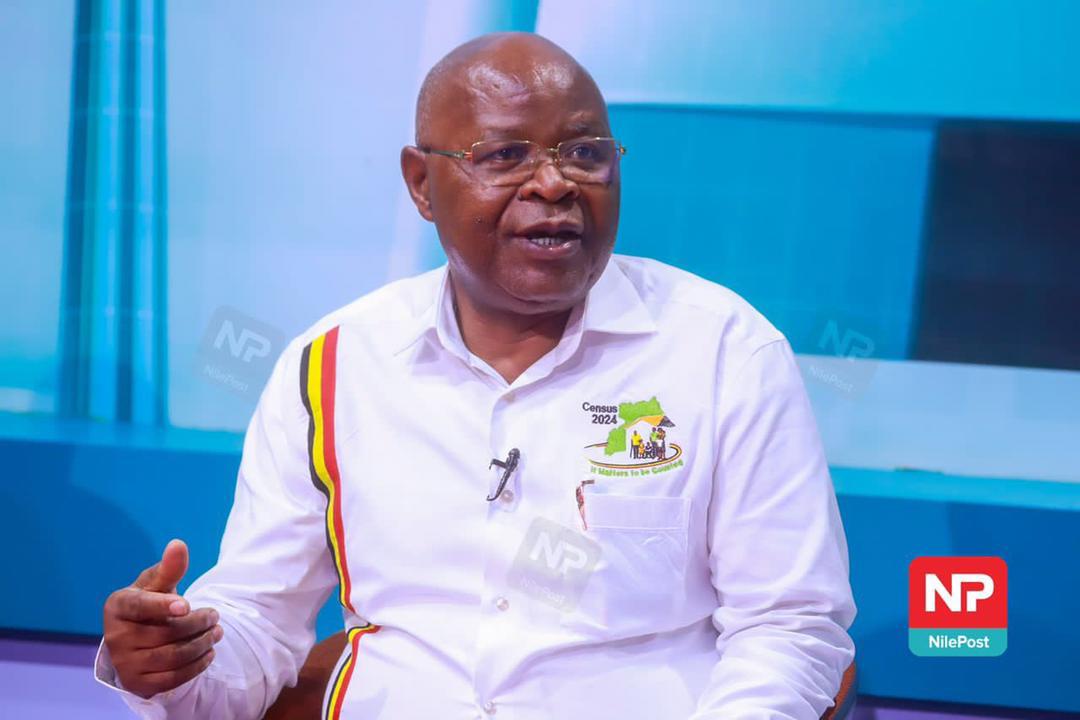Uganda Tightens its Belt: New Budget Cycle Sparks Debate on Supplementary Spending

In Uganda, the way the government spends money got a shake-up. Originally, getting extra cash (a supplementary budget) was tough. The law said it was only okay if something unexpected happened, like a big need popping up or funds running out for something crucial.
Then, things changed. A law got tweaked, making it easier to get those extra funds. This tweak, some say, came at the suggestion of the World Bank. But here's the catch: the new rule wasn't as strong as the old law. It became a regulation, which is easier to change than a real law. This gave the Ministry of Finance more control.
The rule change had another effect. It created a kind of gap in the budget cycle. The government could now spend some money before Parliament officially approved the whole budget for the next year. To plug this gap, a new rule allowed the government to spend up to 3% of the previous year's budget while waiting for Parliament's green light.
Keep Reading
But wait, there's another twist! Uganda tightened up its budget cycle. Now, Parliament has to approve the next year's budget by the end of May. This means there's a proper budget in place by July 1st, the official start of the spending season.
So, with this new, tighter budget cycle, some folks are wondering – do we even need that 3% buffer anymore? That's where Muwanga Kivumbi comes in. This Ugandan legislator wants to change the law again, this time to get rid of the whole 3% thing.
The story of Uganda's budget is a battle between being flexible with spending and being responsible. Easier access to extra cash might seem nice, but it can also lead to looser controls and maybe even wasted money. The debate over the 3% rule shows that this balancing act is still being figured out.















